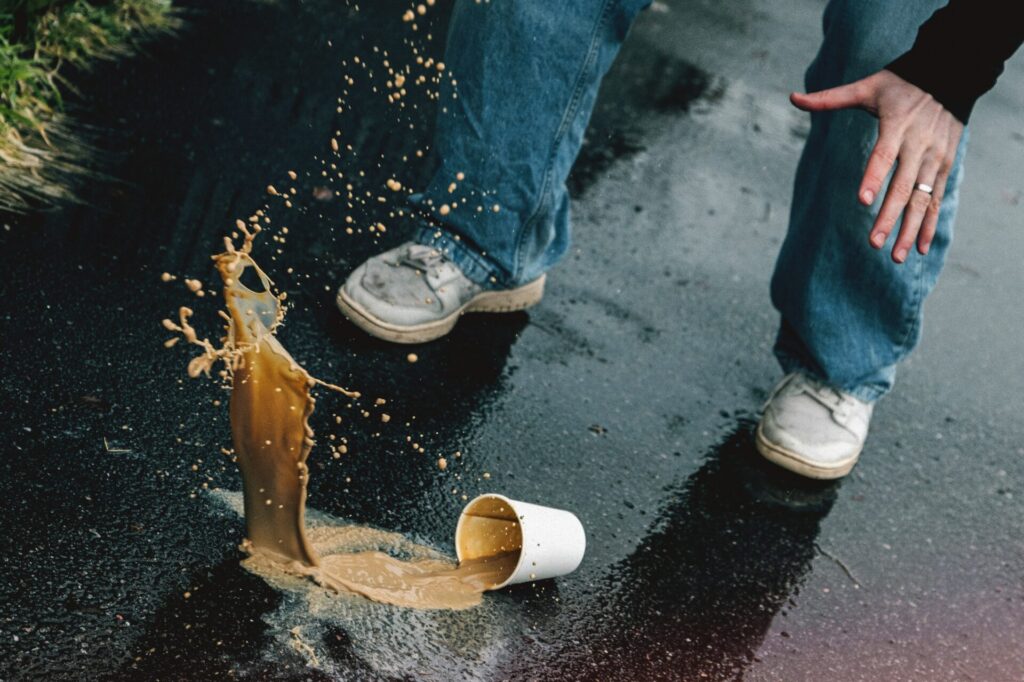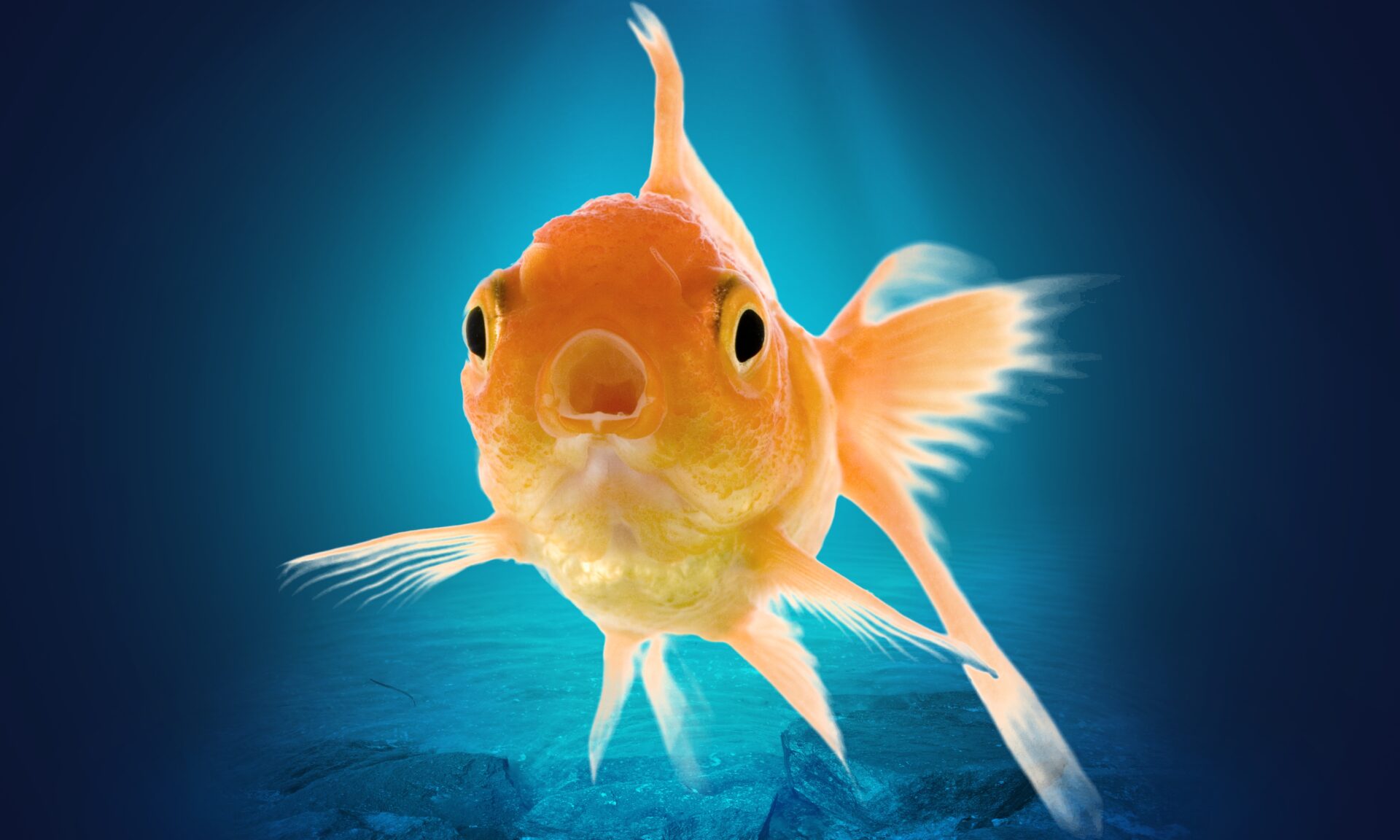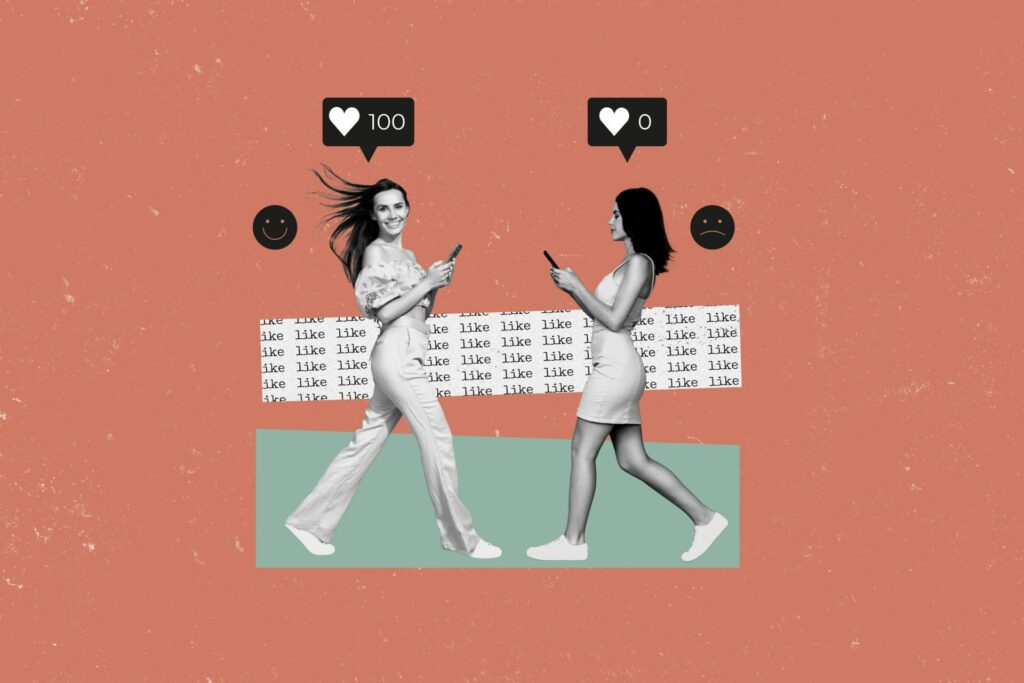Jenni has been on a downward spiral for five days ever since her manager pointed out a mistake in a draft report she wrote for a major conference. The error was relatively minor and easily changed in time so the conference delegates never knew. But Jenni is still mortified.
‘I feel a deep sense of shame because that’s my job and that’s what I’m good at,’ says the 28-year-old marketing officer. ‘Well, it’s what I thought I was good at. Every time I remember that mistake, I want to curl up and cry. I should have spotted it before the head of department saw it. It’s just so embarrassing.
‘It’s not just at work that I’m miserable. My mood is low at home too. I don’t want to go out and see people. I play the mistake over and over in my head. It has really affected me.’
Jenni isn’t alone. We all make mistakes. Research has shown that on average, people make up to five mistakes an hour – sometimes as many as 50 a day. They’re often the little things like hitting the snooze when you have an early train to catch, a typo in an email, losing a key or your credit card, or forgetting a Zoom call or dentist appointment. Over a lifetime, this equates to around 773,000 mistakes.

But whether it’s a minor faux pas like getting someone’s name wrong or a major one like crashing a car, we sometimes let our mistakes define who we are, and we forget about the hundreds of things we get right every day. So, it’s best to try and avoid making mistakes at all costs – right?
Not so, says Jasmine Navarro, a wellbeing expert, who believes mistakes are an inevitable part of life.
‘All mistakes hold incredible potential for growth, learning and building resilience,’ says Jasmine, who runs a coaching business – NAVA – between Dubai and the UK, teaching people to have more confidence.
‘Mistakes are actions or decisions that deviate from our expectations or desired outcomes. They might stem from poor judgement, a lack of information, or simple human error. What determines a big mistake from a small one often lies in the ripple effect – how many people are involved, the emotional effect and the values or expectations linked to the situation.
‘Calling a client by the wrong name in a meeting may cause short-term embarrassment, but it’s a recoverable error with minimal long-term effects. On the other hand, breaking someone’s trust by having an affair can have profound and lasting implications.

‘From minor slip-ups to significant errors, how we handle mistakes can profoundly shape our confidence and emotional wellbeing.’
Why We Learn to See Mistakes as Failures
According to Rachael Alexander, a psycho-spiritual coach, who’s based in the UK, our whole perception around mistakes is shaped by social constrictions and our upbringing. She points out that, as babies, we don’t understand the concept of mistakes – they’re brought onto our radar by our parents and families, and schools and teachers.
‘We tell ourselves we’re not good enough, we’re stupid, and we’re incapable. All those messages we had as children come back to haunt us as adults’
Rachael explains: ‘It can be something as insignificant as the rule that you must wash a coffee pot after every use. If you were brought up by your parents to believe that you should wash it, and then one day you don’t wash it between uses, then you will consider that a mistake.
‘Likewise, if you were told off at school for getting a spelling wrong or losing a book, when that happens in your adult life, you’ll see it as a mistake, and you will feel the hurt and shame of the teacher’s red pen or telling off all over again.’
How we react to making a mistake varies considerably. While some people criticise themselves, others get defensive. Many, like Jenni, blow a small mistake out of proportion, imagining the drama that will unfold, and there are those who ruminate – they chew over the same mistake time and time again, beating themselves up for going on the holiday that got them into debt, breaking a diet, or getting a puppy they have no time to train or walk.

Rachael says: ‘We try to keep ourselves in purgatory. We tell ourselves we’re not good enough, we’re stupid, and we’re incapable. All those messages we had as children come back to haunt us as adults. We keep ourselves small, so we fit in, and we know what we’re dealing with.’
In an episode of award-winning comedy-drama Ted Lasso, the coach explains that goldfish are the happiest animals on earth because they have a ten second memory and so we should ‘be a goldfish’
So how can we train ourselves first to put our heads above the parapet and not be afraid of making mistakes, and secondly, once we’ve messed up, to take our mistakes in our stride?
The Goldfish Philosophy
Well we can all follow the advice of fictional American college football coach Ted Lasso. In the award-winning TV comedy-drama, Tedheads to London to manage a struggling English Premier League football team where a defender, Sam Obisanya, beats himself up in training for not winning a tackle that leads to a goal from his club rival Jamie Tartt.
Seeing his star defender deflated, Coach Lasso, played by Jason Sudekis, and known for his positivity in the face of adversity, calls him over and tells Sam to ‘be a goldfish’. Lasso explains that goldfish are the happiest animals on earth because they have a ten second memory.
But is it that simple? Is a short memory the secret to bouncing back after we’ve got something wrong? Obviously, we have longer memories than a goldfish, but what Lasso’s advice means is that we should move on from mistakes rather than lingering on them and that people are defined by how they react to their mistakes, not the mistakes themselves.
Ultimately, it’s important to accept mistakes in any part of life and be able to move on quickly.
As Jasmine explains: ‘The true measure of resilience lies in not avoiding mistakes, but in how we choose to respond. By reframing errors as opportunities, apologising authentically, taking proactive steps to repair the damage and treating ourselves with compassion, we can turn setbacks into stepping stones towards growth.

‘Every mistake is a chance to learn, evolve and build a stronger, wiser version of yourself. With the right mindset and tools, you can bounce back from any misstep and move forward with confidence.’
So how can we ‘be a goldfish’ and bounce back from our bloopers?
Jasmine and Rachael share their expert tips:
Be kind to yourself
Recognise that everyone makes mistakes, whatever their age and status, so don’t criticise yourself harshly, suggests Jasmine.
‘Engage in calming activities like journaling or meditation to help process your emotions,’ she says. ‘Reflect on past successes to remind yourself of your strengths. When you practise self-compassion, you’ll reduce your stress and prevent a negative spiral of guilt and doubt. This will give you a clearer mindset for future challenges.’
Learn from the lesson
Instead of viewing your mistake as failure, see it as a chance to learn, urges Jasmine.
‘Reflect on what went wrong, and what you could do differently next time,’ she says. ‘Write down one positive lesson you’ve gained from the experience. This shift in perspective helps you to focus on growth rather than blame. You’ll become more resilient, with a forward-looking mindset.’
Unpick beliefs
The first question to ask yourself when you feel you messed up is have you really made a mistake, says Rachael.
‘You may well feel silly, and your parents might berate you for undertaking an expensive course in HR, only to discover that you don’t really want to work in personnel after all,’ she says. ‘But when you strip it back, you’ll see it wasn’t a waste of time and money – it gave you a valuable insight into what you don’t want and saved you from several years in a career you wouldn’t enjoy.’
Say a heartfelt sorry
If your mistake has affected others, offer a sincere apology, says Jasmine.
‘Avoid excuses and over explaining,’ she advises. ‘Instead, focus on acknowledging the impact and outlining your commitment to improvement. For example, you might say: ‘I’m sorry for not meeting the deadline. I value your time and will ensure better planning in the future.’
‘A heartfelt apology shows accountability and respect. It fosters trust and repairs relationships.’
Look at the bigger picture
If you’ve dropped a clanger, ask yourself how important your action is in the grand scheme of things, says Rachael.
‘Instead of using your faux pas as a measure of your self-worth, look at your world and the bigger world to put your mistake into perspective. It might be a driving test you didn’t pass, a bill you forgot to pay, a file you misplaced or a flight you missed. To put it in context, if you were told you had just a few months left to live, would it really matter?’
Have a repair plan
Take practical steps to put things right, advises Jasmine.
‘Address the consequences of your mistake,’ she says. ‘If you submitted an inaccurate document, correct it immediately and communicate the changes clearly. Taking this action shows that you are solution-focused and reliable, and this will help to rebuild confidence in your capabilities.’
Ban that word!
Get rid of the word ‘mistake’ and send it packing from your vocabulary, insists Rachael.
‘Then ask yourself how you would react if a friend told you they’d made the error you made,’ she says. ‘You wouldn’t tell the friend they’re stupid, incompetent and ignorant, would you? You’d be full of compassion and kindness, so treat yourself the same way as you’d treat your friend.’









